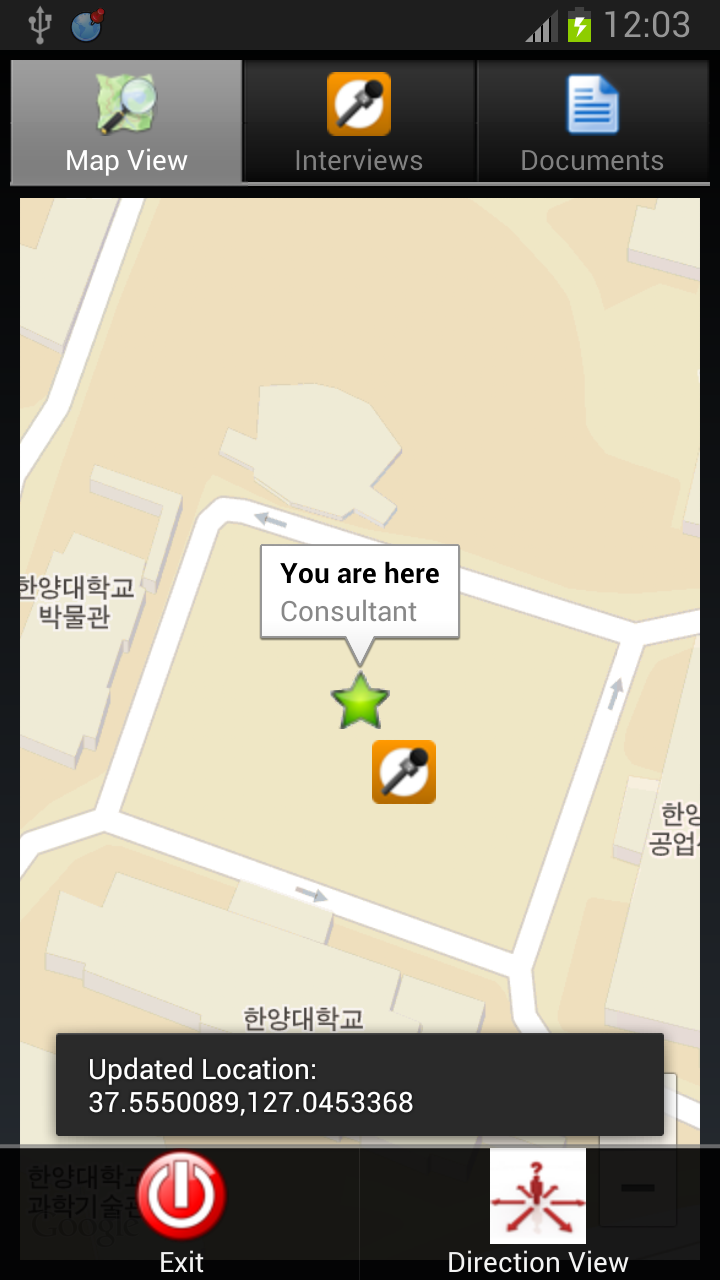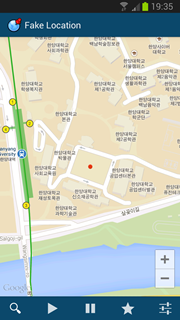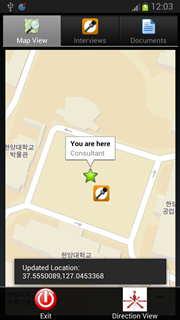Supervisor-Research Student Translation Guide
Recently we had an issue with one of our postgraduate students who was disappointed with the grade he received for his research report. He had been under the impression from his supervisor that his work was of a high standard, but it was assessed as being very poor. It struck me that this unfortunate circumstance may well have been a simple matter of miscommunication rather than anything else. It reminded me of a document, of uncertain provenance, that claims to be an ‘Anglo-EU translation guide’ and appears on many sites across the web. It consists of a table with the following columns: ‘what the British say’, ‘what the British mean’ and ‘what others understand’. With acknowledgements to the originators, I have put together my own version, which attempts to provide a ‘supervisor-research student translation guide’.
| What the research supervisor says | What the research supervisor means | What the research student thinks has been said |
|---|---|---|
| You have chosen an interesting topic | The project is both boring and impossible | I am a genius |
| You may have missed one or two references | You have not read or understood anything | My literature review is almost complete |
| You may need to sharpen the focus of your conclusions | Your work has made no contribution whatsoever | My conclusions are important |
| I hear what you say | I disagree entirely and do not expect to see this in the thesis | I must put this in the thesis |
| With the greatest respect… | I think you are an idiot | They are listening to me |
| That’s not bad | That’s good | That’s poor |
| That is a very brave proposal | You are insane | They think I have courage |
| Quite good | A bit disappointing | Quite good |
| I would suggest… | Do it or you will fail | Think about the idea, but do what you like |
| Oh, incidentally/ by the way | The primary purpose of our discussion is… | That is not very important |
| I was a bit disappointed that | I am annoyed that | It really doesn’t matter |
| Very interesting | That is clearly nonsense | They are impressed |
| I’ll bear it in mind | I’ve forgotten it already | They will probably do it |
| I may have misunderstood, but… | You have completely missed the point | They have misunderstood |
| Perhaps you should write this up as a paper | If you won’t listen to me, perhaps a rejection will wake you up | They think my work is publishable |
| I almost agree | I don’t agree at all | They agree |
| I only have a few minor comments | Please re-write completely | They have found a few typos |
| Could we consider some other options? | I don’t like your idea | They have not yet decided |
| Correct me if I’m wrong | I’m right, don’t contradict me | They are wrong and need correcting |
| Up to a point | Not in the slightest | Partially |
| It’s time to start nominating your examiners | Damn, we’re running out of time | I am nearly finished |
| The examiners have suggested a few changes | You deserved to fail but they have generously given you six months to try to salvage the thesis | I have a doctorate, I will start applying for jobs |


